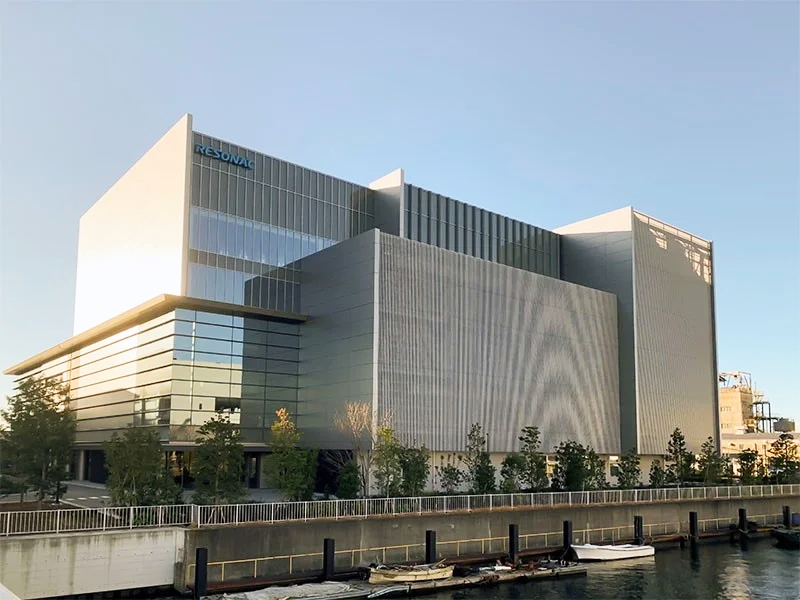ASIA ELECTRONICS INDUSTRYYOUR WINDOW TO SMART MANUFACTURING
Resonac Develops New Semiconductor Materials for 6G
In January 2023, Resonac Corporation launched a project to develop new semiconductor materials for 6G, the next-generation telecommunication system standard after 5G. Resonac will implement this development project in cooperation with ventures and universities at its new “Stage for Co-creation” R&D center in Yokohama City, Japan . A team of experts, including those in computational science and materials analysis, have been stationed at the R&D Center since the end of December.
Companies around the world are competing for the development of 6G system. This advanced communication technology is expected to be put into practical use around 2030. Resonac aims to develop materials that will support high-frequency data transmission in the terahertz band.

Development of 6G Materials from Scratch
Mainly, 6G is set to be 100 times faster than 5G. Thus, new semiconductor materials need to substantially reduce the transmission loss associated with the increased communication speed. To meet this requirement, Resonac will develop materials and technologies for composite materials from scratch. Specifically, the development starts with the synthesis of materials to create resins and ceramics for filler materials, and develop interface control technologies.
Identifying the optimal combination of materials provides the required characteristics. Thus, Resonac will perform simulations and use AI systems in the molecular design stage to swiftly derive the required chemical structural formulas — a feat that would be impossible using conventional methods. Also, it would take three months to manually test one combination of materials. Meanwhile, the use of AI and other systems will make it possible to test one combination per day, or as many as 90 different combinations in three months.
A Base for Open Innovation
A group of professionals with expertise in fundamental technologies for R&D will support such development activities. Resonac’s R&D center, the “Stage for Co-creation” is a base for open innovation. Specifically, the center concentrates experts in computational science, materials analysis, manufacturing process technology & equipment management for mass production, and the management & evaluation of chemical safety.
For example, the “Research Center for Computational Science and Informatics” has 70 specialists in simulation, AI and MI. These specialists have engaged in the process of developing catalysts from the molecular design stage in the petrochemicals and basic chemicals fields. Many of them are shifting their focus to the development of semiconductor materials to support the development project. Moreover, experts on mass production technology will also make contributions to the production process examination stage.
The driving R&D theme at the “Stage for Co-creation” is the solution of social issues on a medium-to-long-term basis. The first initiatives for implementation under this theme include plastic chemical recycling and the development of semiconductor materials for 6G. Toward the achievement of carbon neutrality by 2050, research to identify a method to recover raw materials for plastics such as ethylene directly from waste plastics is carried out. For this, research personnel need not overcome technological challenges and listen to advice and opinions from those who contribute to the sorted collection of waste plastics and use recycled products.
In this and other projects, personnel at the “Stage for Co-creation” will work toward the solution of social issues. They will promote dialogue and co-creation with a wide range of stakeholders, including local governments and consumers.




